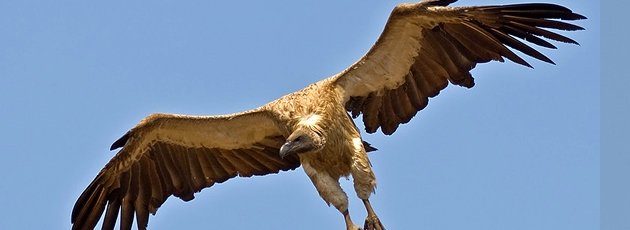- Home
- News & Blogs
- About Us
- What We Do
- Our Communities
- Info Centre
- Press
- Contact
- Archive 2019
- 2015 Elections: 11 new BME MP’s make history
- 70th Anniversary of the Partition of India
- Black Church Manifesto Questionnaire
- Brett Bailey: Exhibit B
- Briefing Paper: Ethnic Minorities in Politics and Public Life
- Civil Rights Leader Ratna Lachman dies
- ELLE Magazine: Young, Gifted, and Black
- External Jobs
- FeaturedVideo
- FeaturedVideo
- FeaturedVideo
- Gary Younge Book Sale
- George Osborne's budget increases racial disadvantage
- Goldsmiths Students' Union External Trustee
- International Commissioners condemn the appalling murder of Tyre Nichols
- Iqbal Wahhab OBE empowers Togo prisoners
- Job Vacancy: Head of Campaigns and Communications
- Media and Public Relations Officer for Jean Lambert MEP (full-time)
- Number 10 statement - race disparity unit
- Pathway to Success 2022
- Please donate £10 or more
- Rashan Charles had no Illegal Drugs
- Serena Williams: Black women should demand equal pay
- Thank you for your donation
- The Colour of Power 2021
- The Power of Poetry
- The UK election voter registration countdown begins now
- Volunteering roles at Community Alliance Lewisham (CAL)
Vulture Funds preying on the Democratic Republic of the Congo
Next month all will be decided regarding the vulture fund crisis in the Democratic Republic of the Congo. Before the 30 years of civil war that occurred in the DRC, it had borrowed money from Bosnian state company EnergoInvest for a contract to build power lines throughout the country. This debt has severely grown over the past three decades through high interest rates.
FG Hemisphere, a New York-based vulture fund, has purchased the DRC debt from EnergoInvest along with another vulture fund, Debt Advisory International (DAI). They have now claimed $100 million for the debt which they had bought for only $3.3 million.
Peter Grossman, the head of FG Hemisphere, with Michael Sheehan, director of DAI, have tried to collect their $100 million unjust fortune by suing DRC companies and foreign investors.
While the DRC should be one of Africa's richest countries due to their mineral wealth being an estimated $24 trillion, they seem to be in an endless black hole when it comes to resolving their financial issues. This isn't the first time that the DRC has been a target to vulture funds.
In 1996, the DRC was forced to spend $5 million on fighting a lawsuit against a vulture fund headed by Paul Singer. Singer had purchased $30 million worth of debt at an immense discount and was demanding it in full. He managed to seize $39 million of the DRC's oil sales, being paid by Glencore Energy UK Limited, an English company, while the DRC only suffered the $5 million.
Vulture funds are preventing poor countries to develop and grow. The top 26 vultures have already collected $1 billion from the world's poorest countries and are planning on collecting another $1.3 billion.
Instead of paying off ridiculous debts that these countries clearly can't afford, this money could be applied to the UN for ending famine. $1 billion is more than double the International Committee of the Red Cross's entire budget for Africa for 2011.
The British government along with UNICEF dug a well in a DRC village for less than $2,000 providing clean water for 400 people. This still leaves 50 million people without water readily available. The director of the UNICEF project in the Congo says that with the $100 million that FG Hemisphere is demanding, "200,000 children will have their lives saved."
To stop vulture funds like FG Hemisphere from seizing a country's last financial means, Britain passed a law banning them from collecting in UK courts in 2010. Britain also passed the Debt Relief Act in 2010, which requires commercial creditors to comply with terms of international debt cancellation schemes specifying a single discount rate for creditors to ensure equal treatment.
However, FG Hemisphere might still get their pay check, as the ban on vulture fund collecting does not mention Jersey, where the $100 million is being demanded. So the fight to shut down these funds in Jersey has begun. Some of the world's biggest charities, such as Oxfam, Christian Aid and Jubilee Debt Campaign UK, are desperately trying to close this loophole.
On December 8, Jersey will have to come up with the verdict of whether or not to allow FG Hemisphere to collect. The Privy Council appeal hearing, however, is expected in spring of next year, so for now, the battle goes on.
Oksana Trofimenko
